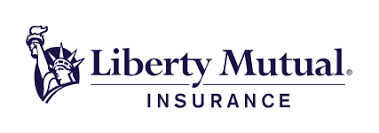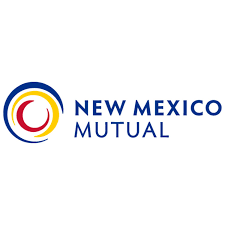BUSINESS OWNERS
POLICY
Insurance
A Business Owner's Policy (BOP) or Package Commercial Policy is a comprehensive insurance solution designed specifically for small to medium-sized businesses. These policies combine several types of coverage into a single package, making it easier and often more cost-effective for business owners to protect their assets, operations, and income. Here’s a detailed overview:
What is a Business Owner’s Policy (BOP)?
Combination of Coverages:
A BOP bundles multiple essential coverages into one policy. The most common coverages include property insurance, general liability insurance, and business interruption insurance.
Target Market:
BOPs are typically tailored for small to medium-sized businesses that meet certain criteria, such as size, industry, and revenue. They are ideal for businesses like retail stores, restaurants, offices, and small manufacturing companies.
Core Coverages in a BOP:
Property Insurance:
Covers physical assets owned by the business, including buildings, equipment, furniture, inventory, and other property. It typically includes coverage for fire, theft, vandalism, and certain natural disasters.
Building Coverage: Protects the physical structure of the business premises, whether owned or leased.
Contents Coverage: Protects the contents within the business premises, such as equipment, inventory, and furniture.
General Liability Insurance:
Provides coverage for legal liability arising from accidents, injuries, or claims of negligence that occur on the business’s premises or as a result of its operations. This includes:
Bodily Injury: Covers medical expenses and legal fees if a customer or third party is injured on the business premises.
Property Damage: Covers damages to another person’s property caused by the business’s operations or employees.
Personal and Advertising Injury: Protects against claims related to libel, slander, or advertising practices that harm another person or business.
Business Interruption Insurance:
Also known as business income insurance, this coverage compensates for lost income and operating expenses if the business is forced to temporarily close due to a covered event, such as a fire or natural disaster. It helps cover ongoing expenses like rent, payroll, and utilities during the interruption period.


























